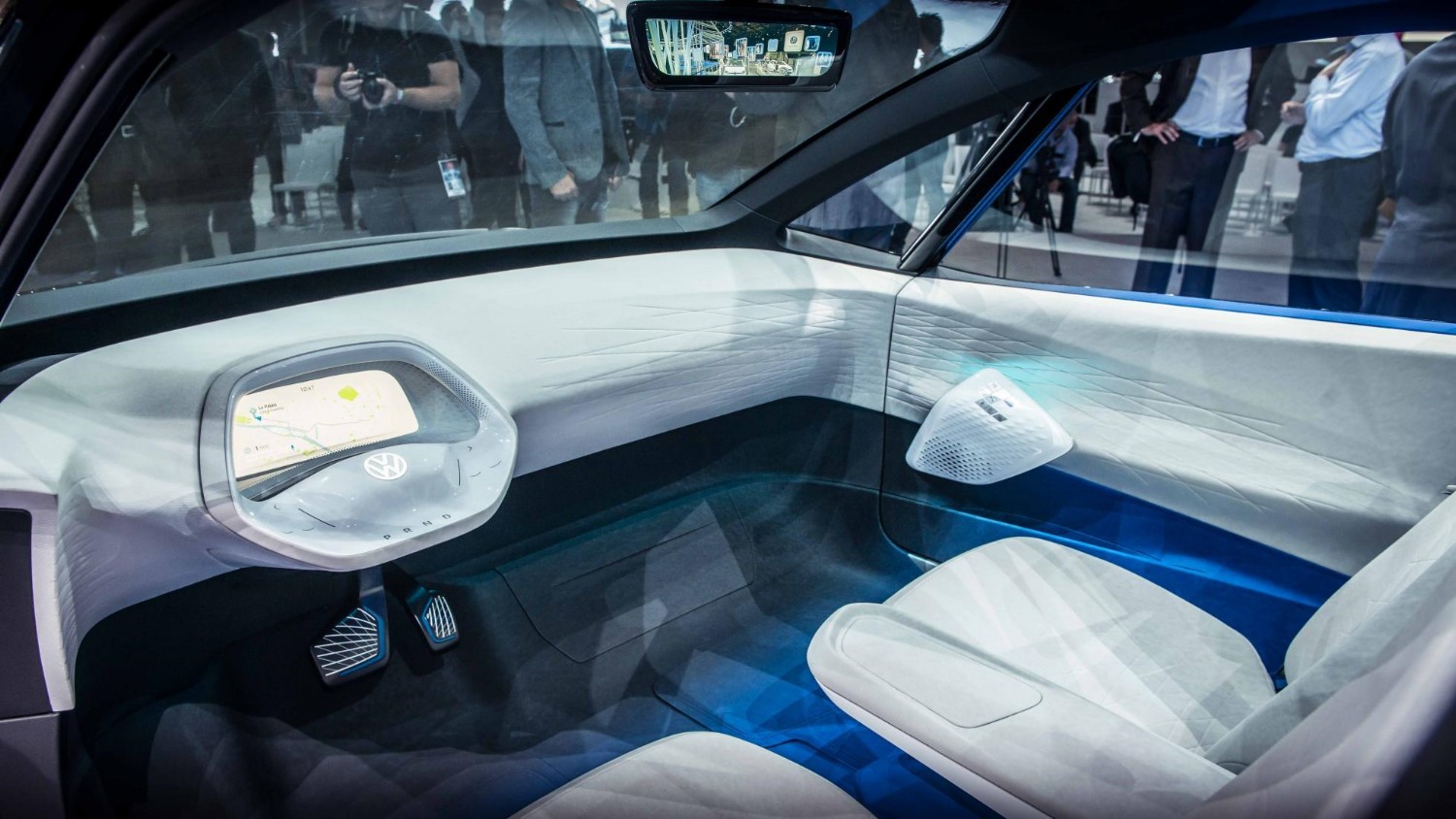Bipartisan bill in Senate to push self-driving cars
 |
| Driverless cars are coming |
A bipartisan duo in the Senate is planning to craft legislation to advance autonomous vehicle technology as part of a major congressional effort to speed up the deployment of self-driving cars writes Melanie Zanona of thehill
Sen. John Thune (R-S.D.), chairman of the Senate Commerce, Science and Transportation Committee, and Sen. Gary Peters (D-Mich.) announced Monday that they are exploring ways to reduce hurdles for self-driving car manufacturers.
While Congress has held multiple hearings on the emerging technology, there are not yet significant federal laws governing the development and operation of self-driving vehicles.
The National Highway Traffic Safety Administration (NHTSA) released voluntary guidelines last fall that created a 15-point safety assessment for automakers with the hope of eventually taking the checklist through the formal rulemaking process.
“As we seek to identify areas where Congress should assist innovators in bringing this new technology to our roads, we will work closely with our colleagues, interested safety and mobility advocates, and other leaders in automated vehicle technology to find solutions that enable the safe testing and deployment of self-driving vehicles and assure public confidence," the senators said in a statement.
“We both recognize that public policy must adapt to this new, rapidly-changing technology to ensure the federal government maintains safety while leaving room for innovators to reach their full potential."
The announcement comes prior to a House hearing on Tuesday exploring driverless cars, in which automakers are expected to plead with lawmakers to ease current industry safety regulations.
Under current standards, for example, cars are required to have a steering wheel and floor pedals. Autonomous vehicle makers need to apply for an exemption, but federal officials can only grant 2,500 per year, which could become a problem as more companies seek to develop the technology.
Raising the cap could be one legislative solution. Thune and Peters hinted that their joint initiative will explore how current standards may impede autonomous vehicle development.
“Many current federal vehicle safety standards reference placement of driver controls and other systems that assume a human operator," they said.
“While these requirements make sense in today’s conventional vehicles, they could inhibit innovation or create hazards for self-driving vehicles. Left on its own, the slow pace of regulation could become a significant obstacle to the development of new and safer vehicle technology in the United States."
But the lawmakers said they are "particularly interested" in how they could improve regulatory flexibility for self-driving cars without changing regulations that impact conventional automobiles.
Another issue likely to come up is the increasing concern over states advancing their own laws on the topic, thus creating a messy patchwork of regulations. The NHTSA guidance sought to clarify the state versus federal role, but some critics have said there is still a lack of clarity.
"Our effort will also include a discussion on the existing patchwork of laws and regulations and the traditional roles of federal and state regulators," Thune and Peters said. Melanie Zanona/TheHill
